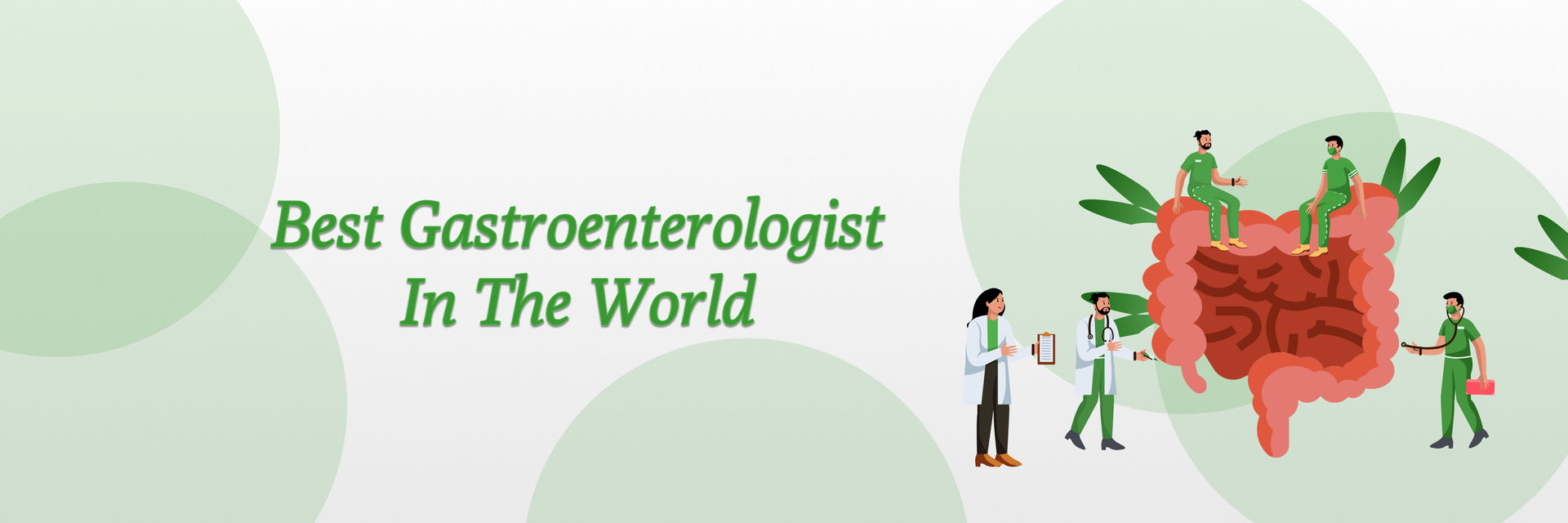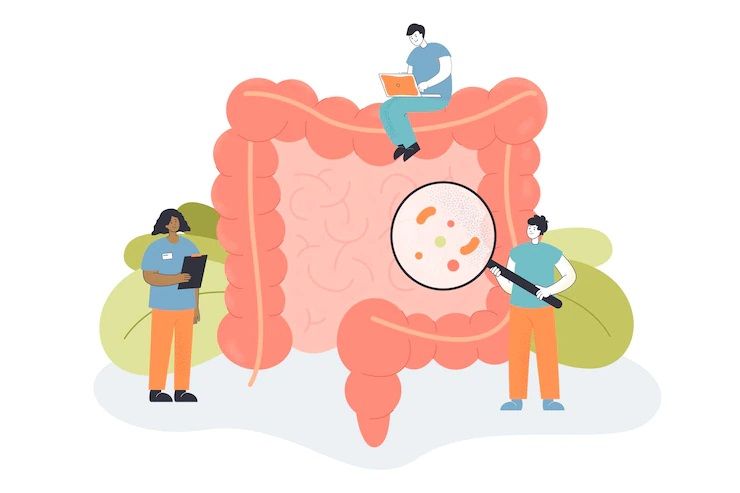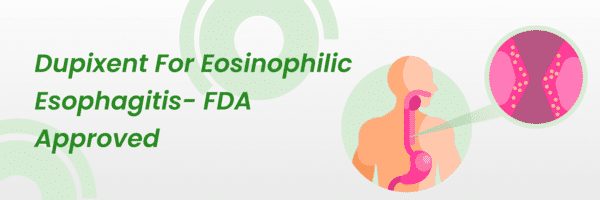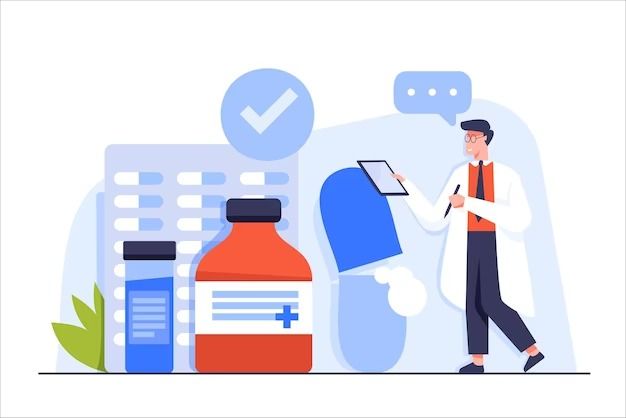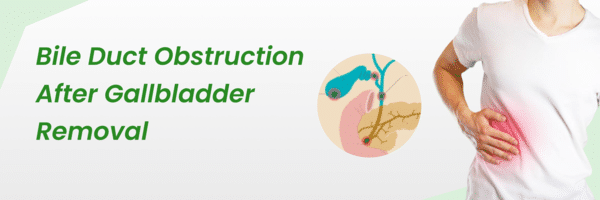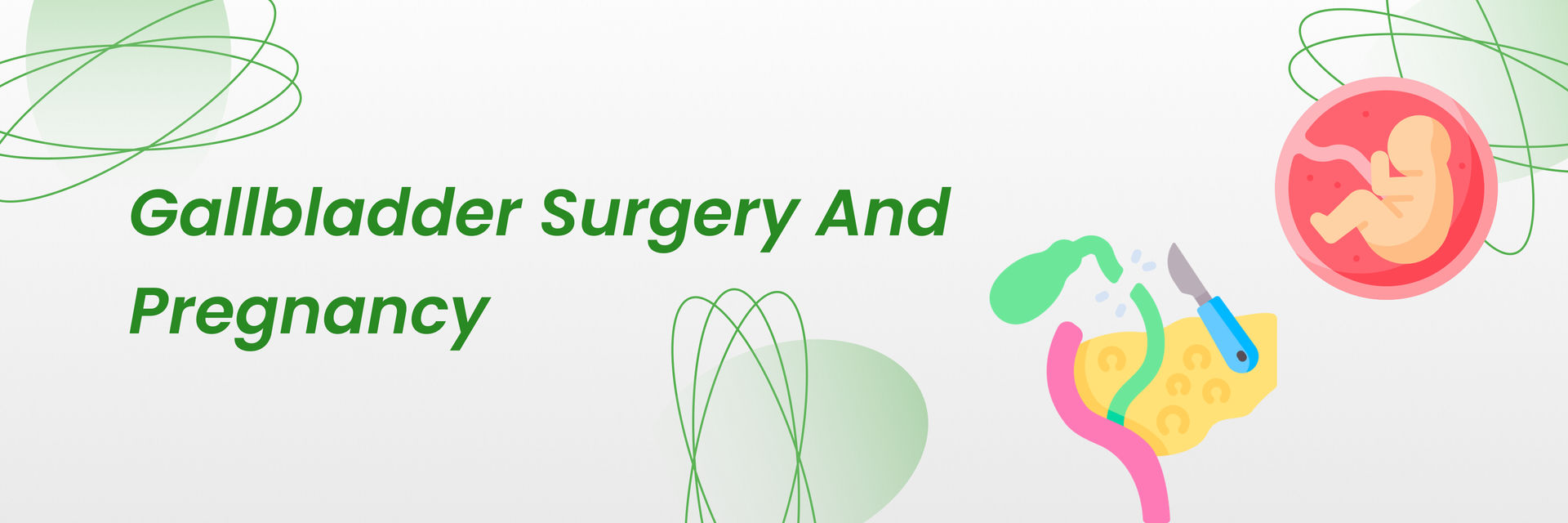The prevalence of peptic ulcers is widespread among people around the globe. Almost 4 million people are diagnosed with ulcers annually. The general population's lifetime prevalence of peptic ulcers is 5%–10%.
Peptic ulcers can be very discomforting. The sores or ulcers formed in your stomach may cause a burning sensation, bloating, belching, nausea, and heartburn. If not treated on time, these mild symptoms can turn into severe ones like vomiting blood, passing blood in the stool, breathing difficulty, nausea, and vomiting. .
According to Dr. Jeta Bunjaku, a pulmonology resident and Anatomy Assistant at Medical University of Prishtina,
“Ulcers can heal if they are given a rest from the factors that created them. Healthcare providers treat uncomplicated ulcers with a combination of medicines to reduce stomach acid, coat and protect the ulcer during healing and kill any bacterial infection that may be involved.”
People often try to relieve the pain by taking various peptic ulcer drugs, like antacids. But in the long run, even these peptic ulcer medications become ineffective. As a result, research was ongoing to develop a new medicine for peptic ulcers.
More about the new treatment for peptic ulcers
In December 2021, the FDA approved Dartisla ODT. This new medicine for peptic ulcers works by reducing the symptoms of peptic ulcers. Dartisla ODT is the first drug approved as an adjunct to cure peptic ulcer disease. Dartisla ODT is known to have anticholinergic properties, as every tablet has been incorporated with 1.7 mg of glycopyrrolate. Although Dartisla is not approved as a monotherapy.
Are there any Side Effects associated with Dartisla ODT?
Like any other medicine, Dartisla ODT has adverse effects. No matter how minimal, one should be aware of them!
We have mentioned the known side effects of Furoscix below. Please read them carefully!
The peptic ulcer disease medication, Dartisla ODT, was found to have various side effects during the clinical trials. Seek medical assistance if you note any of the symptoms below.
The adverse symptoms that were noted during the clinical trials include:
Precautions to take while taking Dartisla ODT
- Stop using Dartisla ODT and get help immediately if you suffer from acute angle closure glaucoma symptoms.
- On suspicion of partial or complete intestinal obstruction, discontinue Dartisla ODT.
- Discontinue Dartisla ODT if you develop signs of cognitive and visual impairment.
- Patients who are getting administered with other lower dosages of glycopyrrolate tablets for the management of peptic ulcer disease at an initial stage are not advised to take Dartisla ODT.
References:
https://pubmed.ncbi.nlm.nih.gov/35134050/
https://secure.medicalletter.org/TML-article-1643e
https://www.globalreachhealth.com/dartisla-odt-approved-to-treat-peptic-ulcer-symptoms/

